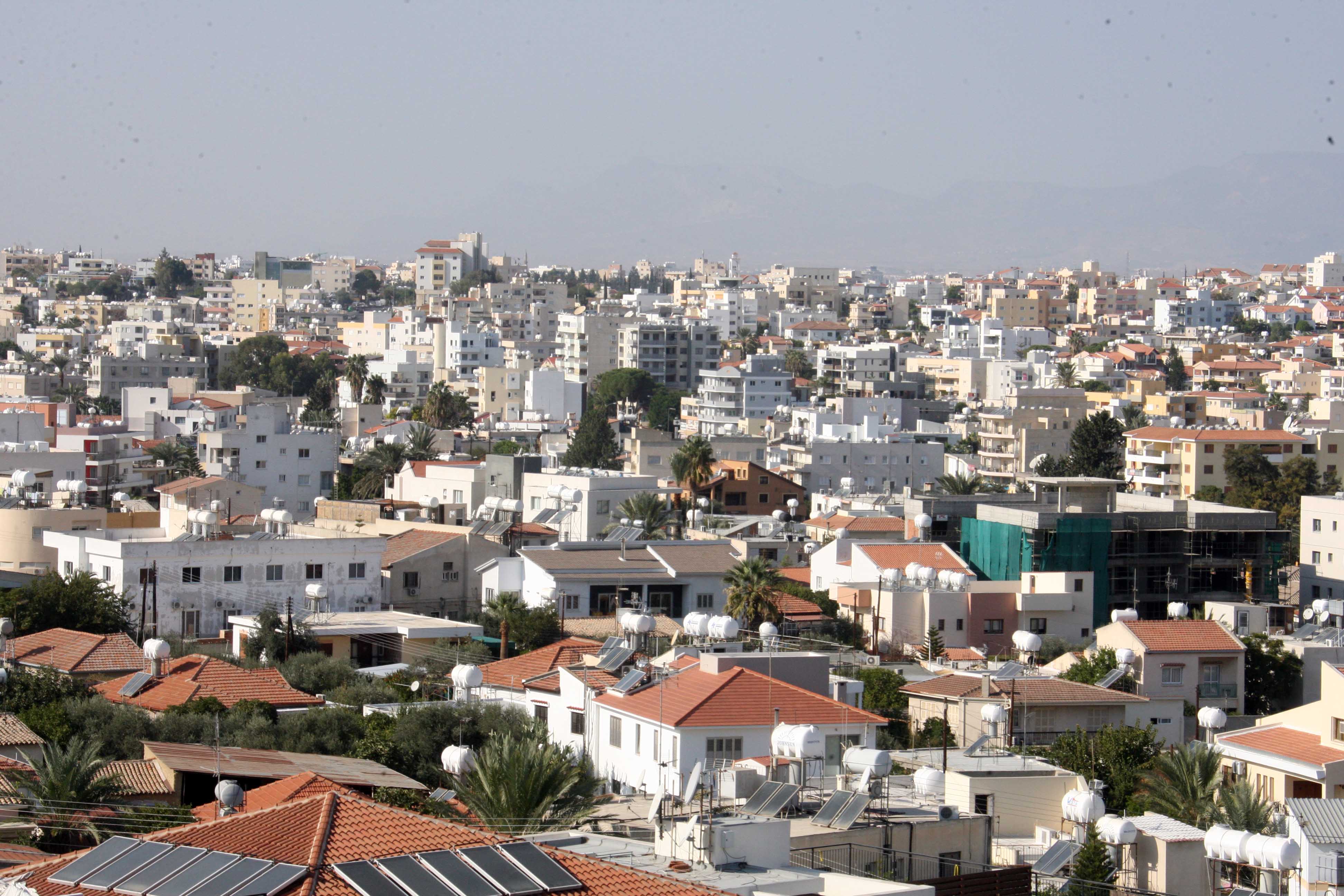Foreigners snapping up properties on the island at a rapid pace will be discussed by the House interior committee, MPs said on Friday after concerns have been lodged that the sales are proceeding unchecked to the highest bidder.
The long and short term social and financial impacts of the trend are to be examined and solutions sought, MPs said, after data presented to the committee on Thursday revealed that as many as 72 per cent of sales made in Paphos over the past ten years, were to foreigners.
Meanwhile, they were told that land acquisition by non-Cypriots is approaching a third across all districts, according to data covering individuals alone.
Among the issues raised was the fact that ongoing purchases by foreigners are driving up property prices and creating a housing crisis for the locals, MPs said.
Other concerns are the lack of background checks on buyers and the lack of criteria for touristic developers.
Despite the fact that the citizenship by investment scheme has been abolished, “golden visas”, whereby property buyers automatically acquire permanent residency, still exist MPs said.
These buyers can go on to apply for citizenship, which allows for loopholes in the system and exploitation of the island’s housing market by money launderers and others, they said.
Checks and balances need to be put in place and property sales to foreigners need to be better regulated and updated to match the current trends, MPs said.
According to the statistics presented so far, over the past ten years in Paphos, 56 per cent of sales went to third-country nationals and 16 per cent to citizens of the EU, totalling 72 per cent, with the remaining sales being made to Cypriots.
In Limassol, Larnaca and Famagusta, the number of foreign sales approached 50 per cent. Nicosia seems to be bucking the trend at 15 per cent.
In Paphos, foreigners own 9.6 per cent of the land in the district, in Famagusta seven per cent, in Limassol six per cent, in Larnaca five per cent, and in Nicosia 1.5 per cent.
The actual percentage of land and ownership is far greater as the data provided to the interior committee so far only accounts for physical persons, head of the House human rights committee and Akel MP George Koukoumas told CyBC radio. It also obscures purchases by dual nationals who only recently obtained Cypriot nationality or possess it only in name.
Non-physical entities and companies owned by third-country interests or Cypriot companies managed abroad, are a whole other sector, for which accurate and comprehensive statistics and clarity are needed.
“We do not want to place obstacles on the market,” Disy MP Nikos Georgiou told the same programme, “but the proper checks must be examined and implemented as appropriate.”
Other EU states, including Portugal, have faced a similar issue of a mass influx of overseas buyers. EU countries generally allow foreign property ownership but many impose restrictions.
The EU Commission had urged countries to do away with golden visa schemes and many EU states had already done so to curb the fact of local buyers being outpriced by nationals moving in from more affluent states.
“It’s a delicate matter but we cannot have locals unable to afford to rent while foreigners buy up all the available properties,” Georgiou said.
Elsewhere in the EU, Finland is considering stricter rules for national security reasons and Greece already requires special permits for border area purchases.
The law in Cyprus currently requires cabinet approval for foreign property purchases and limits land acquisition to 2,000m² for residential or business premises but buyers are reportedly bypassing these restrictions by making purchases through corporate entities and trusts.
The new district administrations (EOAs), which had been recently tasked with taking over the land registry and transfers of title deeds, must have their exact processes delineated and encoded, MPs said.
Proposed amendments would introduce stricter due diligence requirements, making it incumbent on real estate agents and others involved in the sales to vet buyers.
Officials from the interior and finance ministries, the land registry, the legal services, and the registrar of companies will attend the committee’s next meeting to address concerns about the current law’s effectiveness.
Recent high-profile cases such as those involving the usurpation of Greek Cypriot properties in the north and illegalities committed by foreign investors in the tourism sector exposed the issue and seem to have prompted MPs to finally push for corrective steps to be taken.






Click here to change your cookie preferences